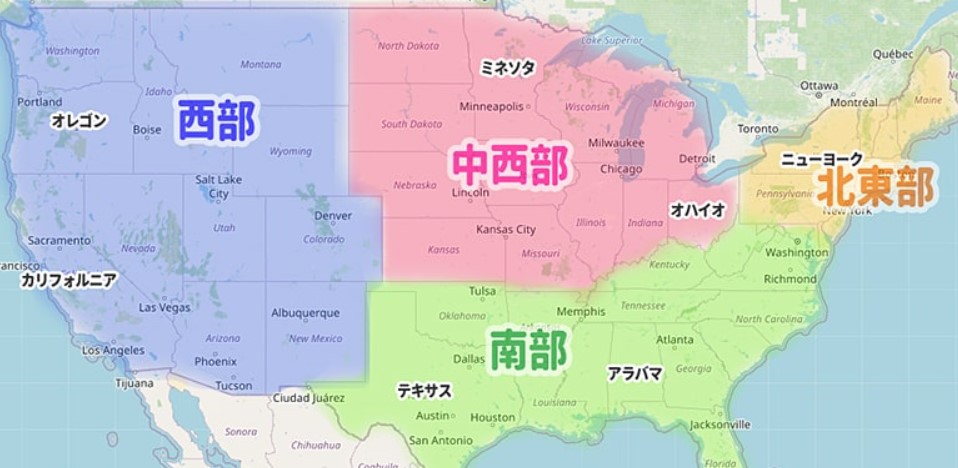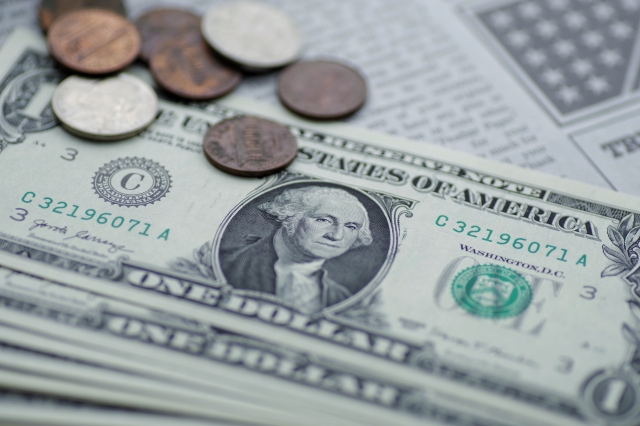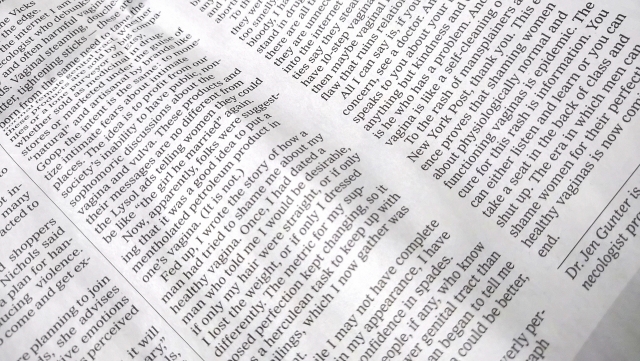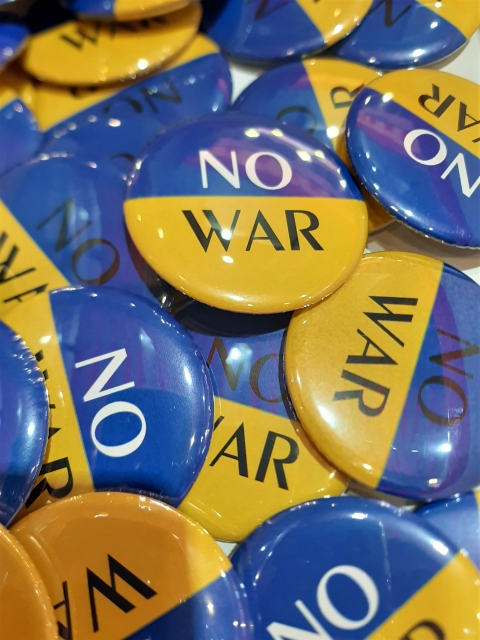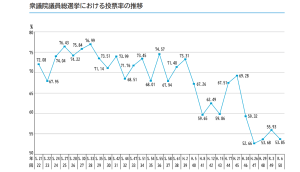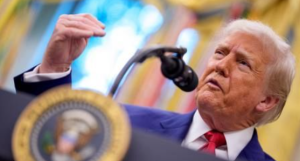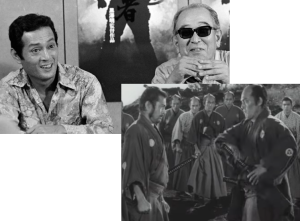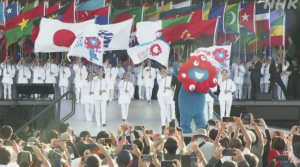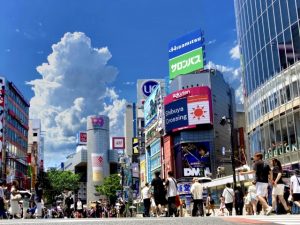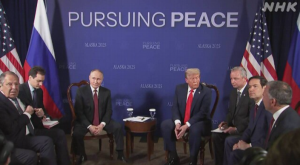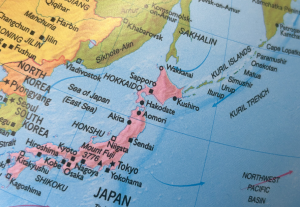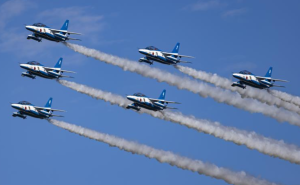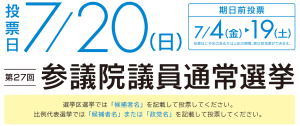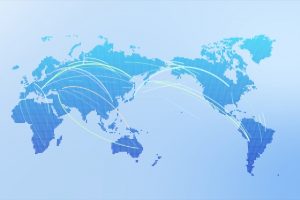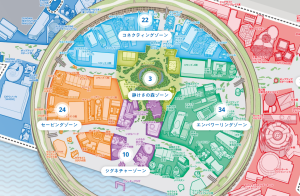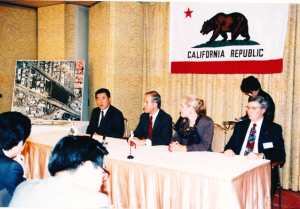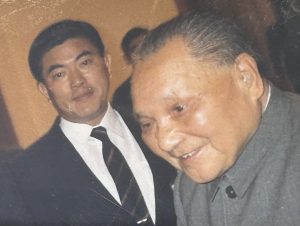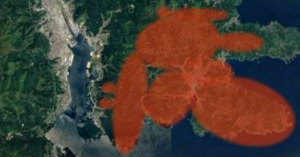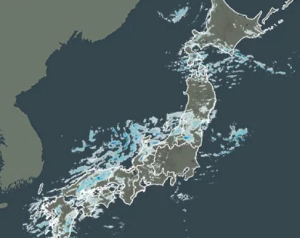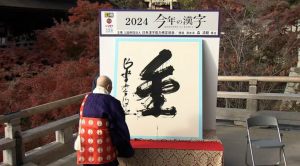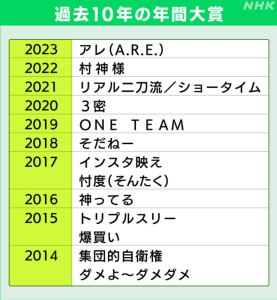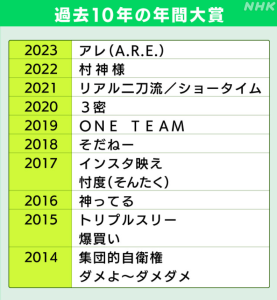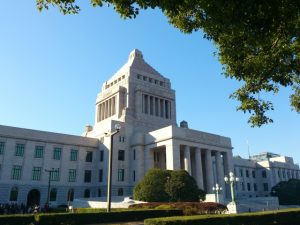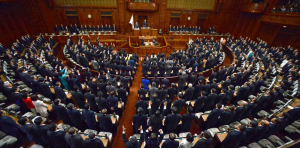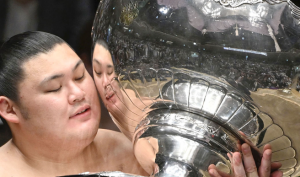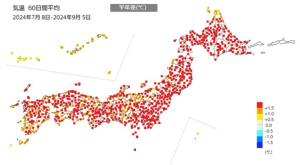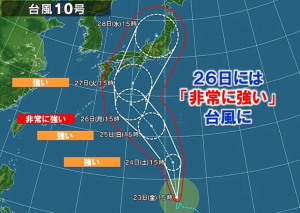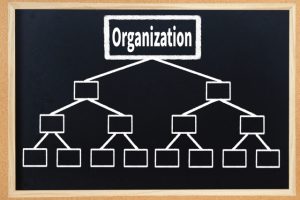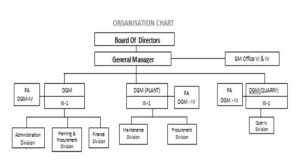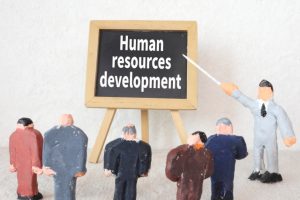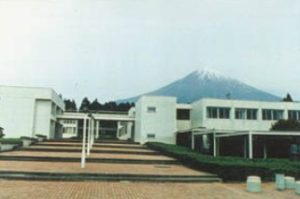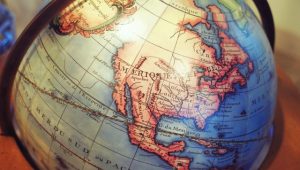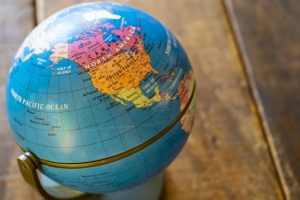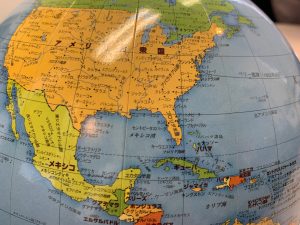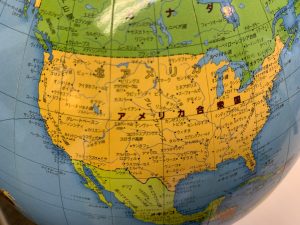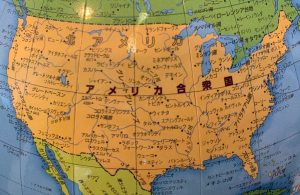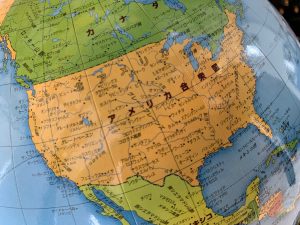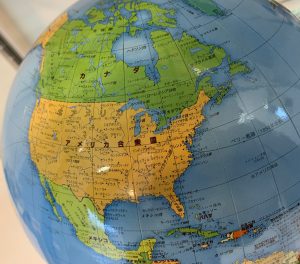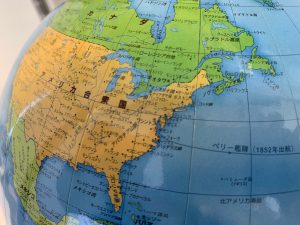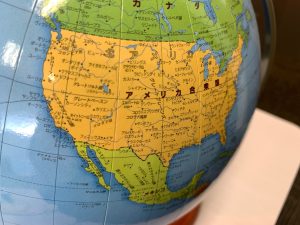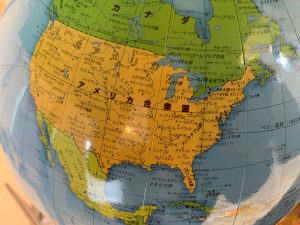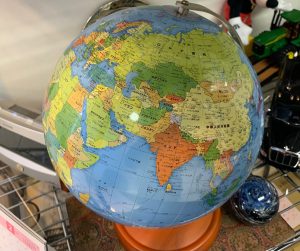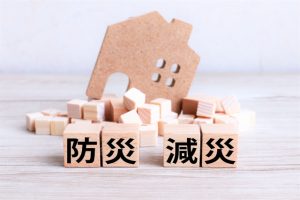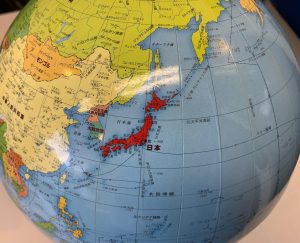Re: Looking back over my life and business in the United States (10) May 6, 2022
The continental United States is roughly classified into four areas, namely, the Northeast, the West, the Midwest, and the South. Even in Japan, about 1/26 as small as the United States, there are several blocks from Hokkaido to Kyushu, and each area has a locality. As a matter of course, in the United States climate and natural features or manners and customs are different regionally, and it is full of diversity, and there is respective America. The ethnic makeup in each area is different, and there is an accent in English too. Therefore, during your short stay, you mistake that you label what you experience by chance and glimpse as ‘this is America’. Incidentally, according to my impression, it seems to me that conservative class in the Midwest has a great influence on public opinion in the United States.
By the way, the most important thing in the United States is a concept whether it is fair or unfair. It is said that origin of a word is chivalry, but fair is used in Japanese as it is. It means something like ‘legitimate or sincere’, and unfair means something like ‘dirty!’ or ‘dishonest!’. When even a child is told that ‘You are not fair!’, he fiercely offers a counterargument.
And American people are philanthropic or extend to help to persons apparently weaker than themselves. However, they are severe against an opponent that becomes more powerful than the United States and tries to threaten further like the former Soviet Union and present China, and they show a sense of rivalry strongly. I mean this may be egoism of a big power. After understanding such nationality, you get along well with them.
On the other hand, with regard to business ‘bargaining’ is business practice in developing nations including Japan. But in the United States, for traders passed qualification test in advance, namely, Bona Fide Vendors, the deadline of bidding is decided as what month what day what time. In other words, one-shot contest without ‘negotiation’ is normal, and this is a fair trade. But in developing nations, for instance, when they aim to receive an order for 100 million yen at heart, they offer 110 million yen for the time being, and look at the other person attitude. Such ‘poking or retreating’ is ridiculed as monkey business, and it is not popular in the United States. As a result, once other company grabs for 100 million yen, it tends to be solved due to the lack of information collecting ability and bargaining ability of local representatives. If you think about it, it is common to lower the price in Japan.
This spirit obeying a fair trade also comes in sight for the severe application of the antitrust law. In the United States, the Federal Trade Commission is particularly keeping a watchful eye on ‘rigged bid’ and ‘evil of monopoly’. Its stance is that the dynamism of capitalism and market economy is not impeded with that. In the United States, when I worked in New York around in 1980, the number of corporate executives sentenced to prison and total days imprisoned were published every year. And bribes incident such as the Lockheed bribery scandals became the start, and in the mid 1970’s FCPA was enacted. Once Japanese company causes a bribery case against the Government in other country, it is imposed a penalty in the United States.
And in Japan, there are a lot of business operators in the same business area. This contributes to lower profitability compared with the American companies. On the other hand, entrepreneurs in the United States don’t like imitating other company, and don’t make a fruitless competition because they value the originality. A shift in business strategy is speedy such as quick withdrawal if there is no profit. And in the industry society of the United States increase in cost where nothing can be done even if entrepreneurs try to do their best such as the rise of crude oil price is passed on rising costs rather smoothly. I feel the difference of business practice in this regard too.
Executives in Japan consider that they are easy to deal with Asian countries, and on the other hand, seem to be not good at the United States. However, the United States is different from developing nations. It is pointed out that firstly, it is stable politically, and rules or systems for business are so developed, and a fair decision is done even in case of a lawsuit. In other words, I think that things like ‘I never meant it to be this way’ later are relatively rare, and the possibility where ‘success or failure depends on your efforts’ seems to be high. I think that Japanese companies have to challenge the market in the United States more aggressively.
(P.S.) In Ukraine, severe fighting is still continuing. But I think that what is becoming clear is no victory by Russia. Because the strategy by Putin in which he built up an accomplished fact by a decisive battle of brief duration has failed. The longer the long-term war continues, the weaker economy and military power in Russia. On the other hand, fighting spirit of Ukrainian people is full of vigor, and they are ready for a do-or-die resistance. While Ukraine sticks to its position, NATO centering on the United States will continue to supply weapons without stint.
The problem is whether Putin will get desperate and use nuclear weapons, but this treads the path of self-destruction. Even Russian people will wake up from a unilateral propaganda. Therefore, I think that Putin has to find a point of compromise somewhere.
However, while the war situation becomes against Russia, I wonder if the United Nations can play a role or not in finding the timing and drawing a line of compromise, under the circumstances where we can’t expect China.
And we Japanese also get rid of an illusion named unilateral pacifism, and have to know the reality of severe world such as ‘We will be caught in, if we show our weakness’.
